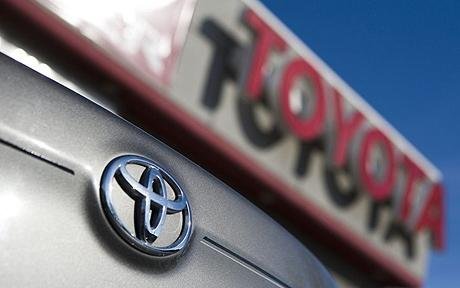Toyota Deserves More Credit

The Detroit News reported that in recent years, Toyota displaced General Motors from the perch it had occupied for decades as the world's largest automaker. But while the Japanese automaker's business acumen is held in high regard, their ability to build vehicles is derisively likened to that of an appliance manufacturer.
The company rarely gets the credit it deserves for innovation and influence.
Back in 1995 the automaker arguably created the compact SUV market with the launch of the first-generation RAV4. Three generations and 4.5-million sales later the RAV remains a runaway success for the Japanese automaker.
At the time, American automakers were cashing in building SUVs using full-size bakkie platforms. Given that GM and Ford each typically sold about 1-million of these annually, using these platforms to create SUVs reduced costs.
The automaker had a vehicle in this space: the 4Runner, a rugged truck, built atop their compact bakkie platform. While popular, neither the 4Runner, nor the bakkie platform it used, sold in the numbers seen by Detroit automakers.
Wanting to tap into this trend the automaker, which only produced car platforms, used this perceived disadvantage to their advantage.
It understood that while the increasing popularity of SUVs came from their rough, go-anywhere-lifestyle image, fewer than 5% of buyers ever took their SUVs off-road. Buyers increasingly used them as a replacement for mini-vans and station wagons.
By using a car platform, the automaker could still deliver all-wheel-drive capability along with a more refined driving experience.
According to the Detroit News the RAV4 was met with incredulous reviews when it debuted. But since then its competitors have followed with 45 different crossover models. Today, truck-based SUVs are the exception, not the rule thanks to Toyota.
It's a similar story with gas-electric hybrids, a long-abandoned engineering concept that automakers had unsuccessfully toyed with for a century. The Japanese giant dusted it off and perfected it, changing the face of fuel-efficient cars.
And let's not forget that the Japanese automaker pioneered the production system that all automakers now use to manufacture vehicles.
Critics often deride the company for its bland styling and/or unrewarding driving experience. The reality is this: Toyota has changed the nature of the automotive industry, just like GM once did.
Related News


